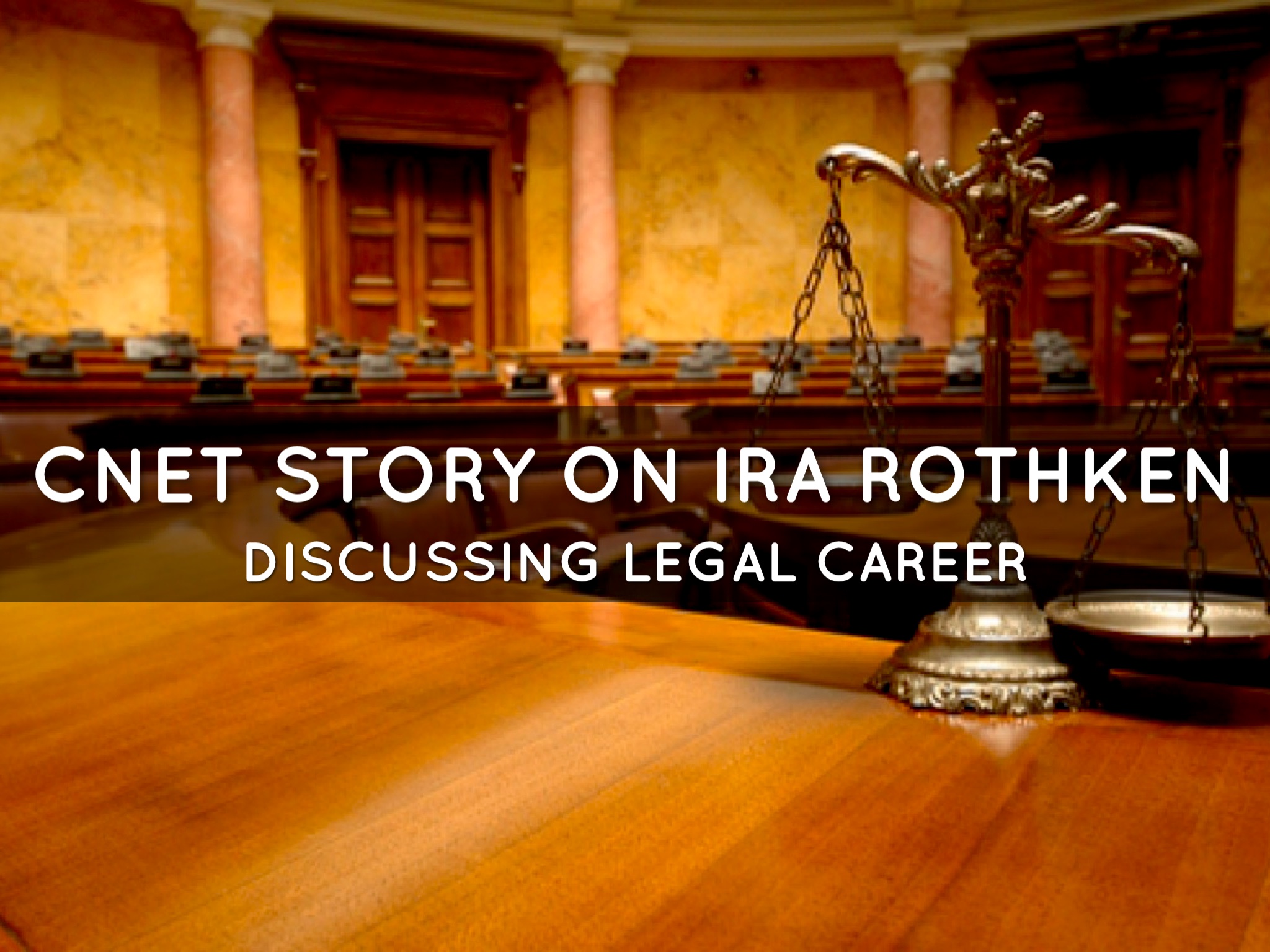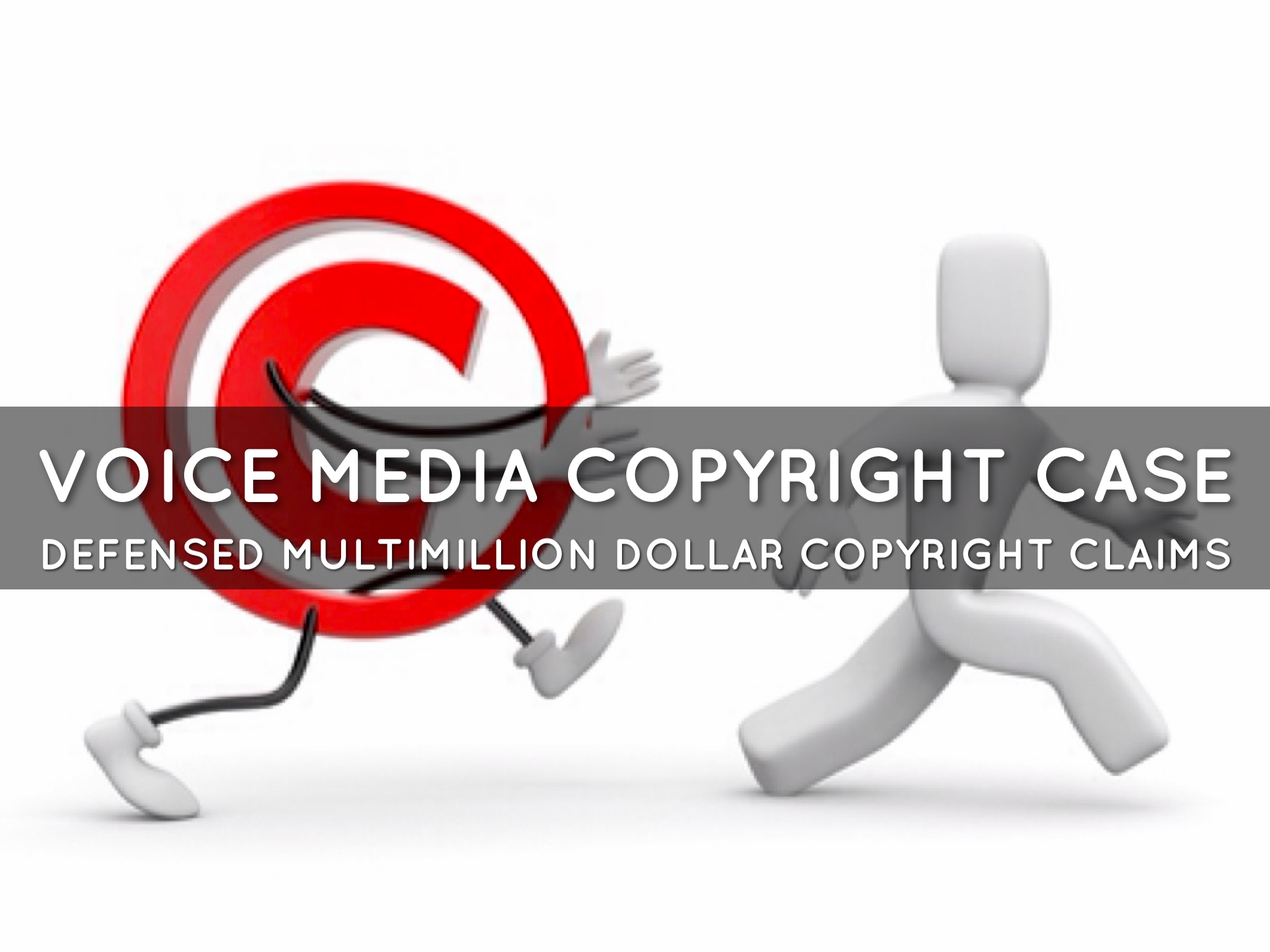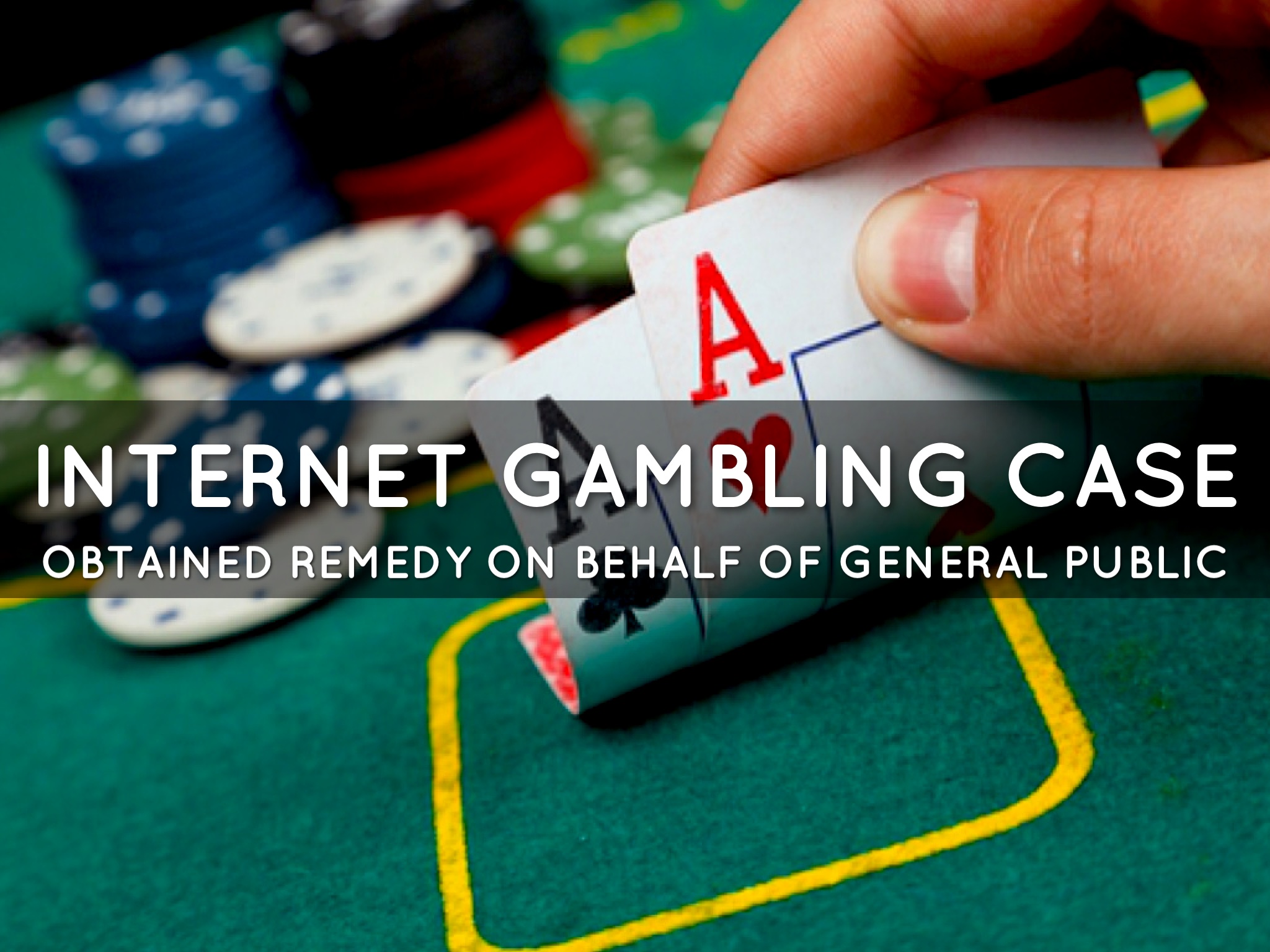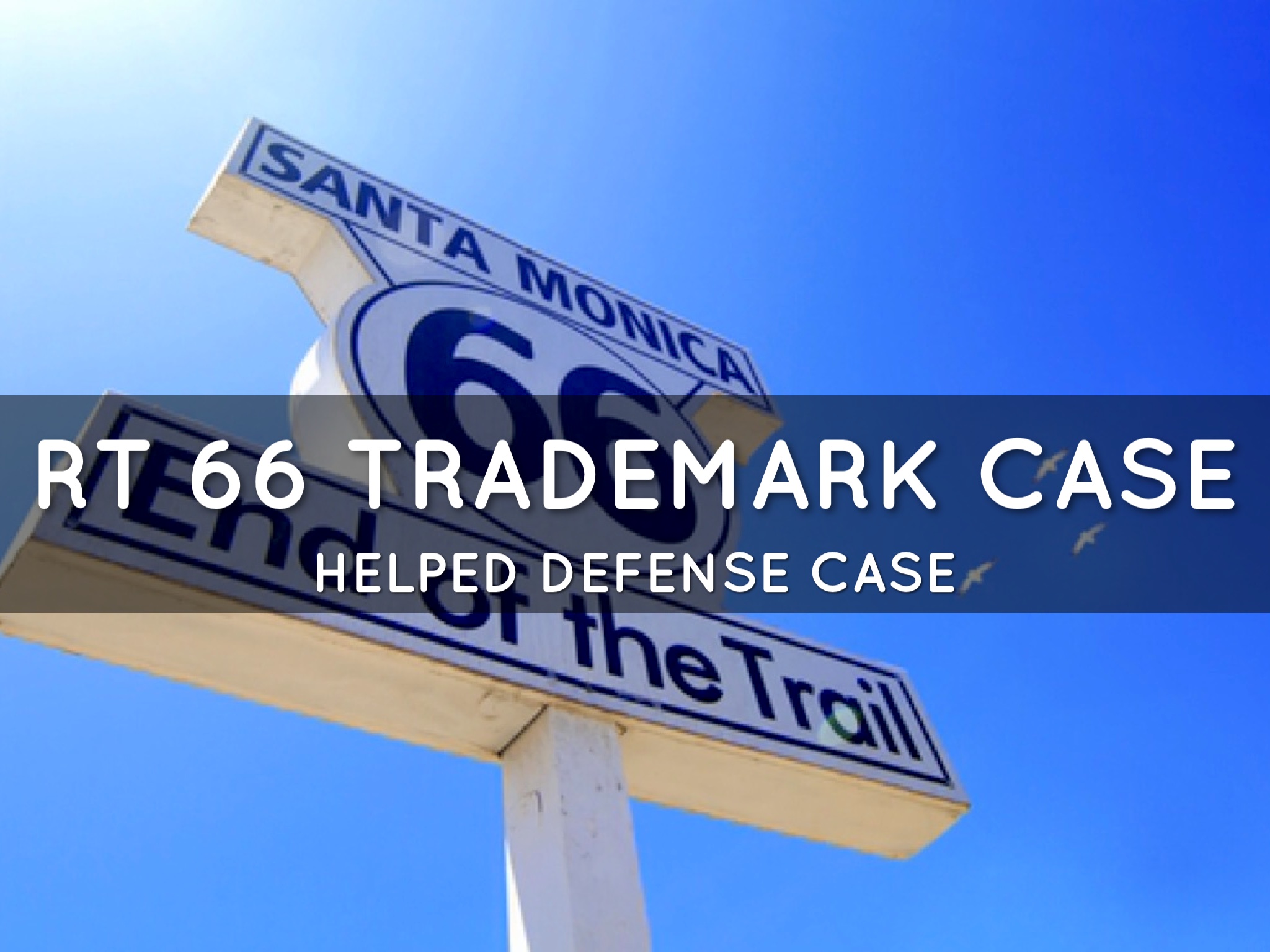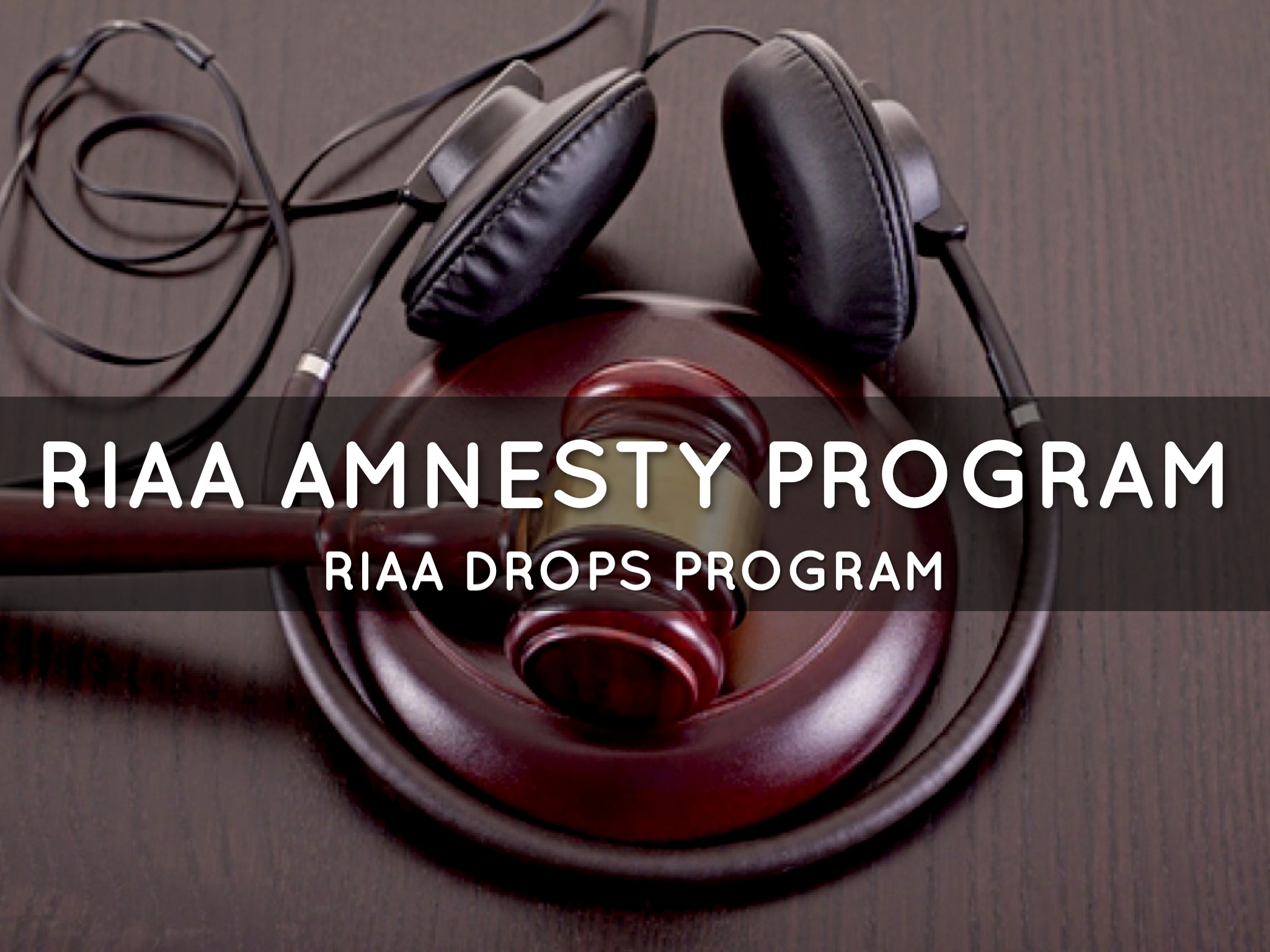Kim Dotcom Files Petition to the United States Supreme Court
 Friday, April 7, 2017 at 02:22PM
Friday, April 7, 2017 at 02:22PM
 Admin | Comments Off |
Admin | Comments Off | Techdirt Interview of Ira Rothken
-Discussion of Ira Rothken's career handling internet copyright cases
February 23, 2012 Radio New Zealand
-US abuse of power in taking down Megaupload
-No such thing as criminal secondary copyright infringement
-The Prosecution is politically motivated
Ira Rothken presentation at e-discovery seminar (excerpt)
- discussion of technical-legal factors to consider in determining whether e-discovery related data is "not reasonably accessible"
- More information can be found here
The information supplied on this web site is general in nature and should not be relied upon to make legal decisions. Interacting with e-mail, forms, or online forums on this web site does not constitute the creation of an attorney/client relationship. This web site is an advertisement for legal services. The examples of client cases and results discussed on this web site are not a guarantee of your outcome if we represent you in a particular case.
Our firm emphasizes internet litigation, intellectual property litigation (including trademarks, trade secrets, copyrights, and patents), internet law, startups, complex business litigation, class actions, videogame law, business law, blockchain law, employment litigation, consumer protection litigation, and personal injury/tort litigation.
If you are interested in a free initial consultation or if you are a news organization interested in getting an interview you may use our contact form.

We have dedicated a site for AI legal technology at LawRobot.com (law and artificial intelligence, expert systems, drones, machine learning, and bots).



New Megaupload/Kim Dotcom Whitepaper
Megaupload General Legal Points
Ira Rothken interview with CNBC on the Kim Dotcom case
For updates on the Megaupload/Kim Dotcom case please visit our special case update section
Kim Dotcom, Steve Wozniak, Ira Rothken
Read what Steve Wozniak thinks about Kim Dotcom and the Megaupload case in this CNET News.com article
Bloomberg Interview with Ira P. Rothken on the Megaupload/Kim Dotcom case discussing Court Order finding illegal government conduct
Our firm emphasizes intellectual property litigation (including trademarks, trade secrets, copyrights, and patents), internet law, startups, complex business litigation, class actions, videogame law, business law, blockchain law, employment litigation, consumer protection litigation, and personal injury/tort litigation. We are actively involved in cutting edge electronic discovery ("e-discovery") matters and Ira P. Rothken is an active member of the Sedona Conference and maintains a blog at Moredata.com on electronic discovery and evidence issues for legal professionals. Here is a CNET News Story Profiling Ira P. Rothken's Career Protecting Internet Technology Companies.
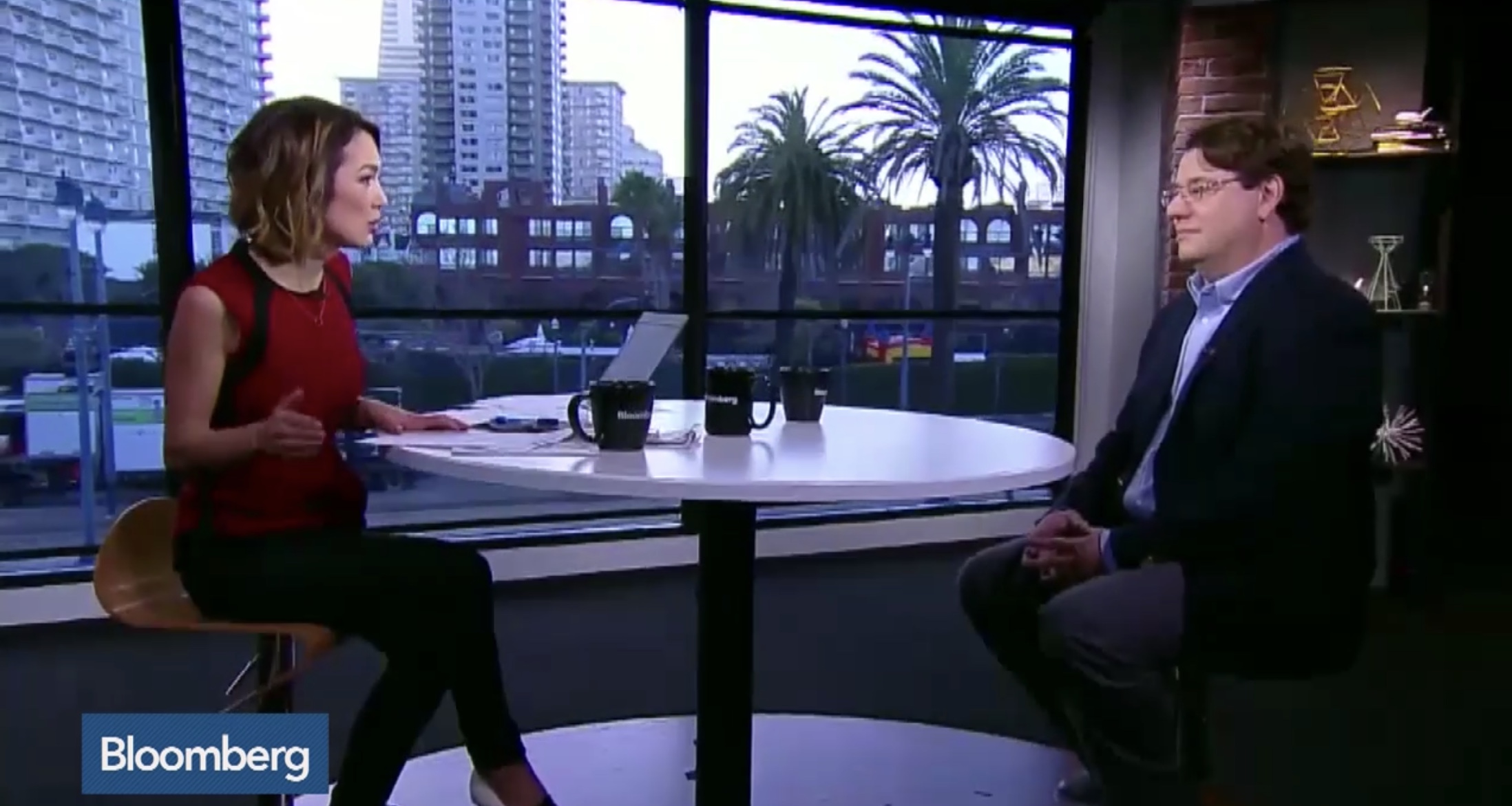 Emily Chang interviewing Ira Rothken on Bloomberg West
Emily Chang interviewing Ira Rothken on Bloomberg West
We Have Assisted in the Startup of Some of the Most Successful E-Commerce and Electronic Entertainment Companies in the World Ira P. RothkenIn addition to our robust litigation practice we assist electronic entertainment, high technology, and e-commerce companies in their business, startup, and legal transactions. For example, since the inception of the "commercialized" internet in the mid 1990s, we have represented some of the largest and most successful web sites in the world on a huge range of matters from startup issues to risk reduction strategies to e-commerce policies and agreements. In many instances we were called upon to handle issues where there was no clear precedent and thus we had to innovate a solution.
Ira P. RothkenIn addition to our robust litigation practice we assist electronic entertainment, high technology, and e-commerce companies in their business, startup, and legal transactions. For example, since the inception of the "commercialized" internet in the mid 1990s, we have represented some of the largest and most successful web sites in the world on a huge range of matters from startup issues to risk reduction strategies to e-commerce policies and agreements. In many instances we were called upon to handle issues where there was no clear precedent and thus we had to innovate a solution.
We have also helped start numerous successful electronic entertainment and videogame companies including Nihilistic Software, Pandemic Games, Telltale, and Arenanet. Ira P. Rothken, a member of IGDA, has spoken multiple times on how to start a videogame development company at the Computer Game Developers Conference (CGDC). Here is a sample of videogame development transactions in which we assisted our clients:

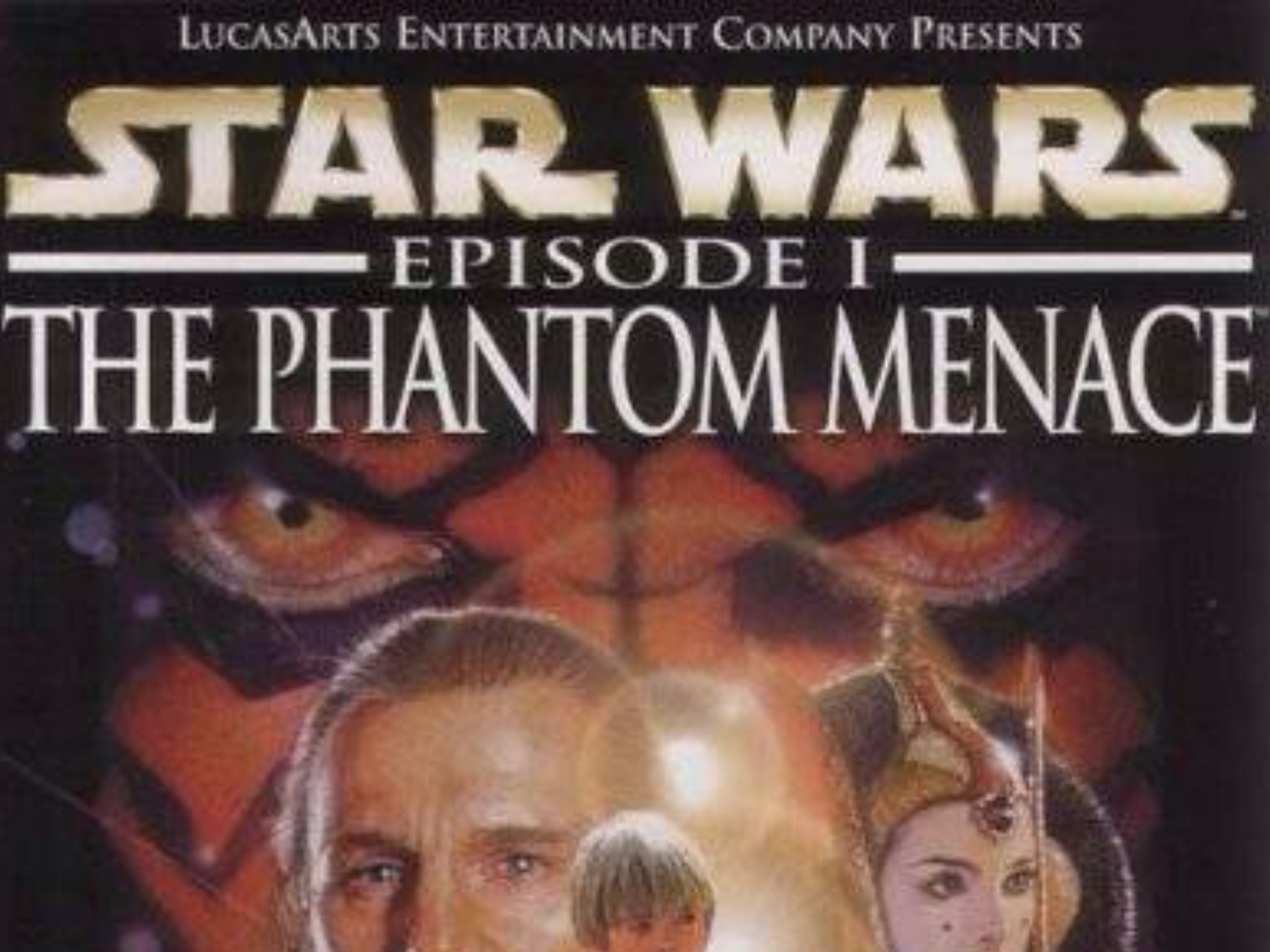
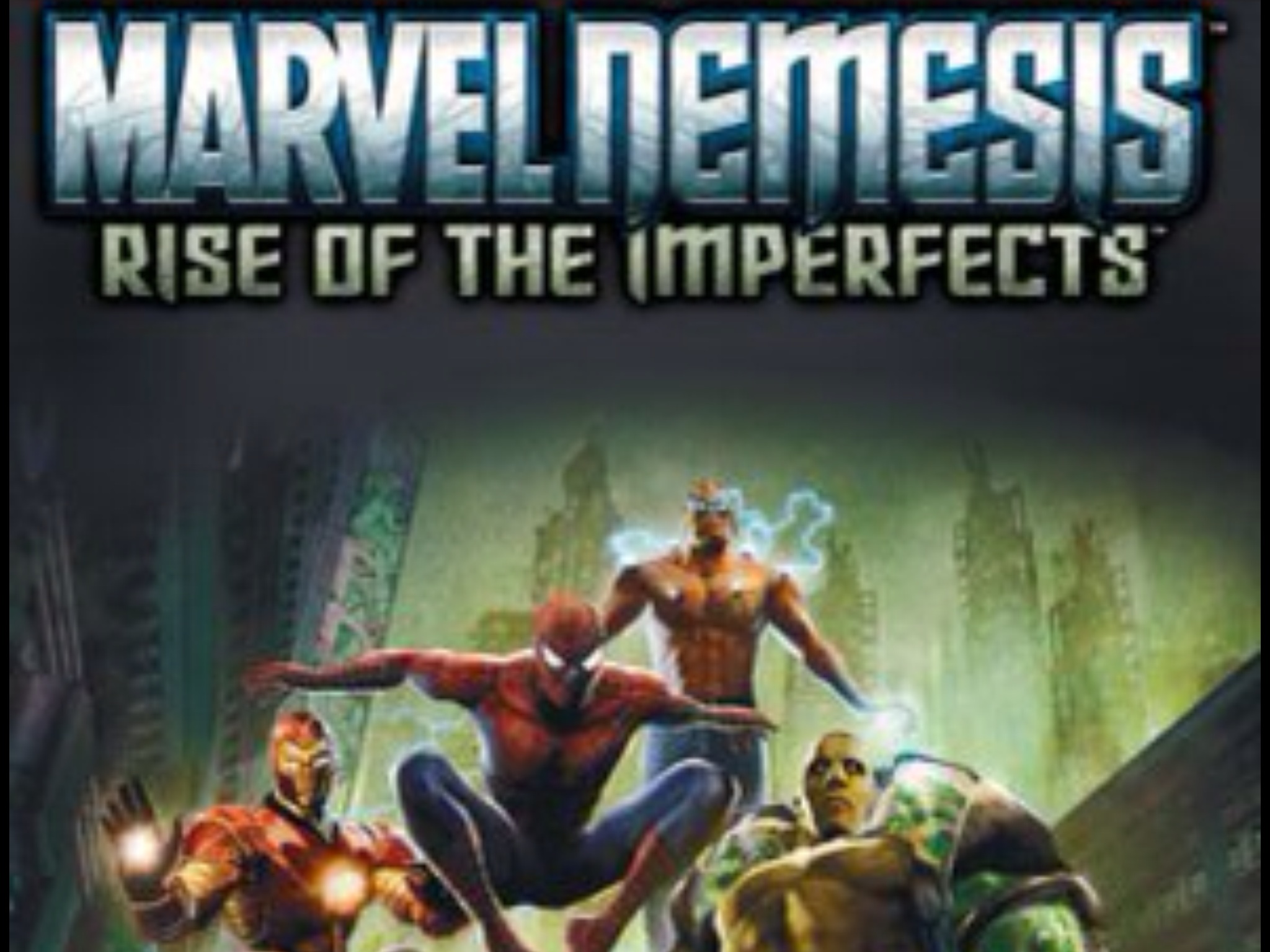
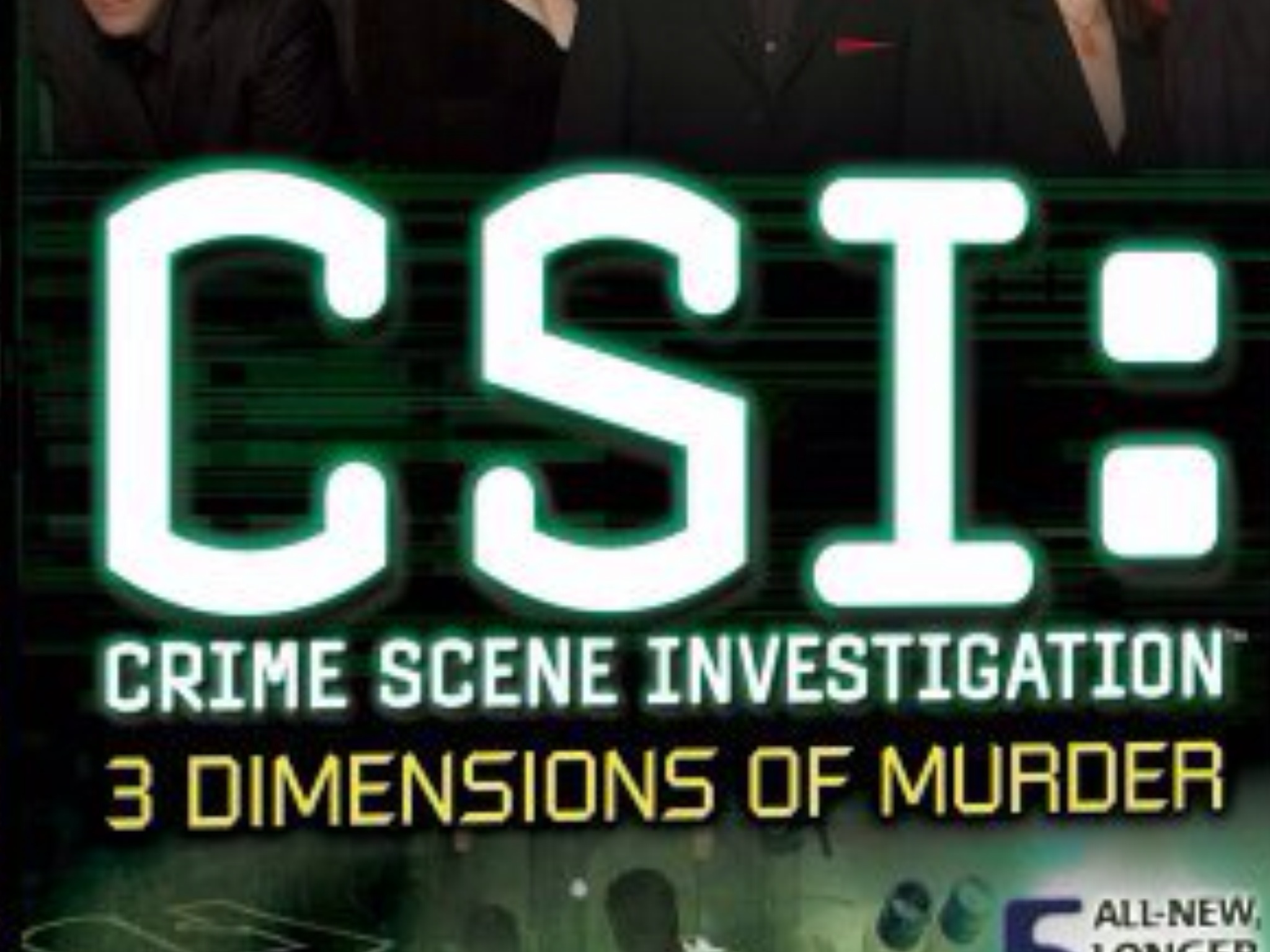
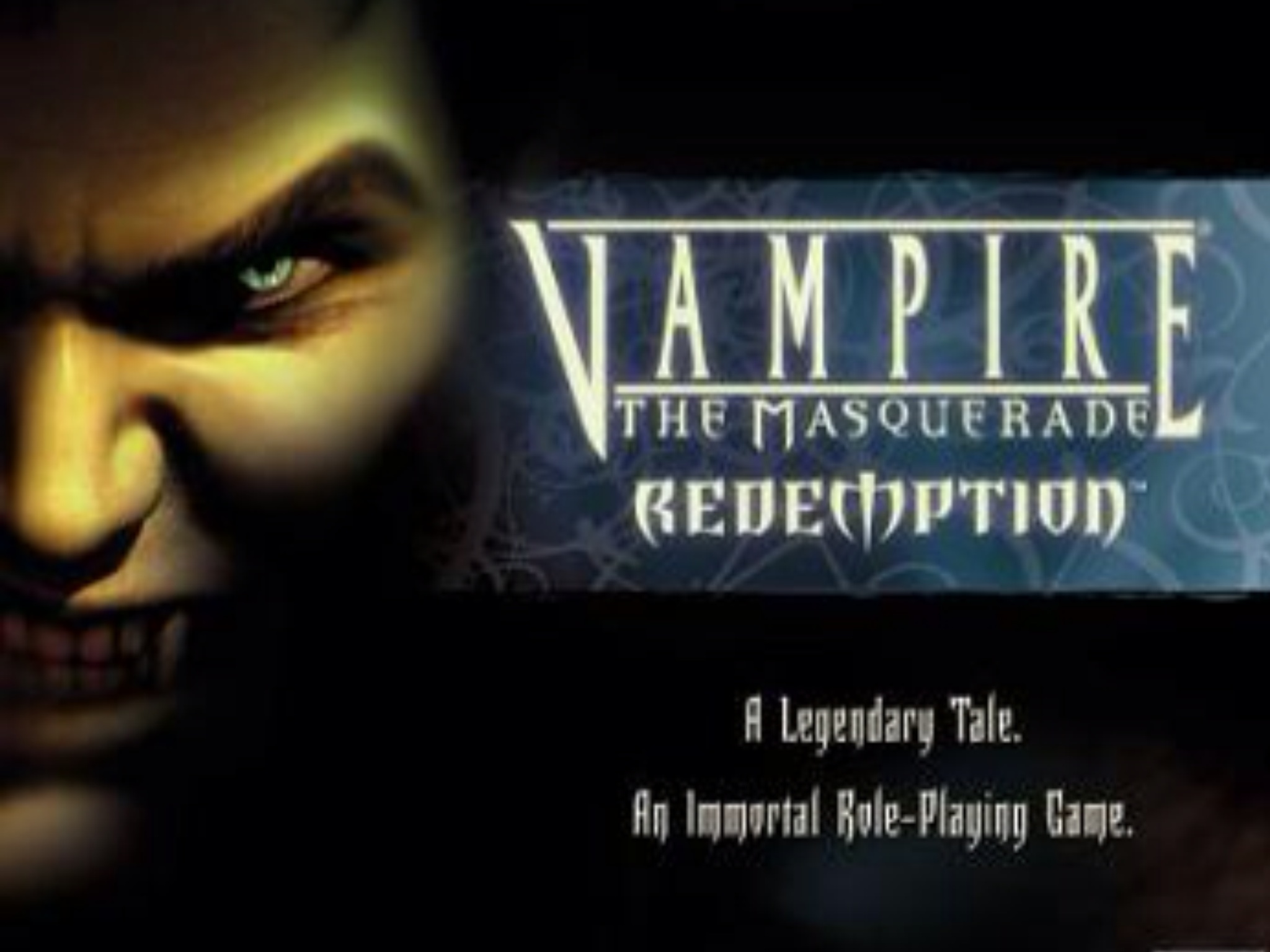



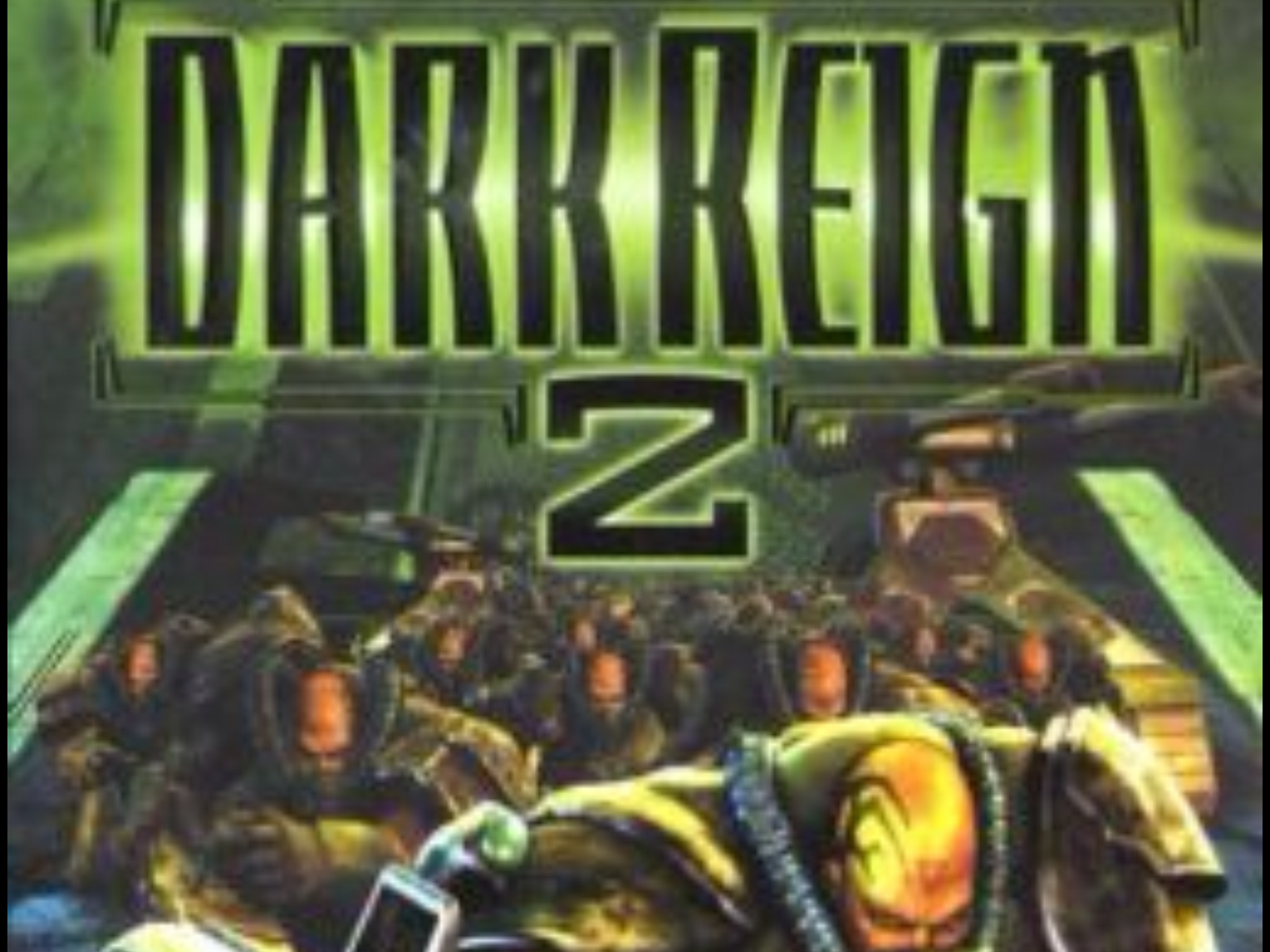



 Friday, April 7, 2017 at 02:22PM
Friday, April 7, 2017 at 02:22PM
 Friday, March 24, 2017 at 12:56PM
Friday, March 24, 2017 at 12:56PM  Friday, March 17, 2017 at 02:02PM
Friday, March 17, 2017 at 02:02PM  The “hacker” is generally considered the perpetual enemy of law firms and corporate legal departments, posing a pervasive and ever-evolving threat to client and corporate data. In some cases, however, attorneys may need to become the hacker they so despise. California technology attorney Ira Rothken describes this as a process of “ethical hacking.”
The “hacker” is generally considered the perpetual enemy of law firms and corporate legal departments, posing a pervasive and ever-evolving threat to client and corporate data. In some cases, however, attorneys may need to become the hacker they so despise. California technology attorney Ira Rothken describes this as a process of “ethical hacking.” Friday, November 18, 2016 at 04:50PM
Friday, November 18, 2016 at 04:50PM On November 18th, 2016 Artem Vaulin filed a reply in support of his motion to dismiss the indictment arguing, amongst other things, that "making available" mere torrent files is insufficient to constitute criminal copyright infringement.
The full reply brief can be found here.
//
Here is an excerpt from the reply brief:
Sections 26(j) and (v) in the indictment discuss the approximately 11 copyrighted “works in suit” or the works alleged to be criminally infringed and it is limited to allegations of torrent files found on a torrent search engine site in 2016 – most notably not Kickasstorrents.com which was apparently off line by 2011. No actual infringers or infringements and the factual basis for felony direct infringements were alleged in the indictment. The Response fails to counter the overwhelming authorities provided in the motion to dismiss that the storage or transfer of dot torrent files is not direct infringement.
More fatal to the indictment - there are no facts alleged that such works were uploaded, stored, or downloaded from “direct download sites.”
Notwithstanding the government’s erroneous theories of criminal copyright infringement Kickasstorrents.com appeared to seize activity outside the applicable five year criminal copyright statute of limitations period cut off and the indictment appears to contain an error that cannot be reconciled with the government’s own sworn evidence.3 There is little effort to tie with sufficient alleged facts, beyond speculation, the above 2016 torrent site to Artem Vaulin rendering the entire indictment improper.
In another attempt to criminalize torrent sites, the Response asserts a theory of “aiding and abetting,” presenting various historical citations. (Response at 7-8.) But aiding andabetting was removed from the Copyright Act by Congress in 1976 thereby eliminating the crime. The only Federal Court to consider the issue, LaMacchia, supra n. 1, set forth an integrated historical review and stated that: “In 1976, Congress revamped the Copyright Act by eliminating the crime of aiding and abetting copyright infringement.” (871 F.Supp. at 539.) See also Manta, Irina D., The Puzzle of Criminal Sanctions for Intellectual Property Infringement, 24 Harv. J.L. & Tech. 469, 481 (2011) (“Several years later, countering what had been a trend of expansion in the area of criminal sanctions, the Copyright Act of 1976 eliminated the provisions for aiding and abetting . . .”).
The government argues that KAT’s operators “sought out infringing material and trumpeted that to their users, targeting the infringement minded with rewards and honors for posting torrents for copyright infringement material...the indictment sufficiently alleges that defendant entered into an agreement with others to commit copyright infringement, and aided and abetted the copyright infringement of others.” (Response at 14.) The government alleges that defendant “facilitated and promoted” copyright infringement. (Id. at 11, quoting Indictment § 1(b); see also Response at 13 (“encourage, induce, facilitate”). The Indictment and the Response thus allege an invented crime of “encouraging or inducing copyright infringement” — which is the essence of a civil claim arising out of Judge made case law, especially MGM Studios v. Grokster, 545 U.S. 913, 930 (2005) as discussed in the Opening Memorandum at 9.
The aiding and abetting theory, while not applicable due to its elimination by Congress from the Copyright Act, will be addressed arguendo below, and it does not justify invention of a new crime of “encouraging copyright infringement.” Aiding and abetting is applied to an accessory to an actual crime committed by a principal and no such actual crime is alleged in the Indictment.Apparently, under the prosecution’s aiding and abetting theory, actual perpetrators of statutory crimes are potentially scattered among the “millions of individuals in the United States” alleged in ¶ 4 of the Indictment to have had access to KAT. There is no actual perpetrator identified in the Indictment whom defendant Vaulin might have aided or abetted and no specifications of elements of actual statutory copyright crimes. There is no allegation that supports the nature of any primary infringement one is left to guess if a user left the KAT site and later, in the Bittorrent network generally, was engaged in activity that could be punishable as a misdemeanor or through civil liability or one that cannot be punishable at all such as being “extraterritorial”. Defendants cannot commit a felony, as articulated in the indictment, by conspiring or aiding and abetting a KAT user to commit no infringement or an extraterritorial infringement, misdemeanor infringement, or civil infringement. An investigator downloading a torrent file and then leaving the site behind to create in the Bittorrent Network a content file does not pass muster for a felony. See London-Sire Records, Inc. v. Doe 1, 542 F. Supp. 2d 153, 166 D. Mass. 2008 (stating that copyright holder’s investigator’s “own downloads are not themselves copyright infringements because it is acting as an agent of the copyright holder, and copyright holders cannot infringe their own rights”).
This Court should decline the government’s invitation by implication to find that the general Bittorrent ecosystem and “network” and unknown users are copyright felons under US law or that Bittorrent technology and the network are not protected by the Sony doctrine where they are a dual use technology capable of substantial non infringing uses.
Indeed, beyond the failure to raise a proper direct infringement, conspiracy, and aiding and abetting theory of copyright infringement, the failure to allege facts to support that the direct infringements occurred in the United States is also fatal to all the counts. The Court in Subafilmsarticulated the limited reach of US jurisdiction arising from the Copyright Act:
“Even assuming arguendo that the acts authorized in this case would have been illegal abroad, we do not believe the distinction offered by Appellees is a relevant one. Because the copyright laws do not apply extraterritorially, each of the rights conferred under the five section 106 categories must be read as extending "no farther than the [United States'] borders." 2 Goldstein, supra, § 16.0, at 675. See, e.g., Robert Stigwood,530 F.2d at 1101 (holding that no damages could be obtained under the Copyright Act for public performances in Canada when preliminary steps were taken within the United States and stating that "[t]he Canadian performances, while they may have been torts in Canada, were not torts here"); see also Filmvideo Releasing Corp. v. Hastings, 668 F.2d 91, 93 (2d Cir.1981) (reversing an order of the district court that required the defendant to surrender prints of a film because the prints could be used to further conduct abroad that was not proscribed by United States copyright laws).”
The indictment not only fails to alleged sufficient facts to support direct infringement occurring in the United States but fails to allege sufficient facts to support that the mere torrent files for the “works in suit” or “works in the indictment” came from servers in the United States or servers tied to Artem Vaulin. The government cannot equate having a US domain name or US email server to having servers in the United States for the dot torrent files at issue. In addition, the torrent files allegedly related to the “works in the indictment” were apparently obtained in 2016 from foreign servers.
The indictment, distilled to its essence, is based on 11 torrent files downloaded from a foreign server in 2016 with a speculative relationship to Artem Vaulin based on someone’s use of the name “kickasstorrents” in relation to the site.
Defendant is charged only with “making available” and “enabling,” not with actualinfringements. (Response at 15-16.) The government cannot conflate KAT’s automated “making available” a torrent file with a speculative subsequent knowing and willful direct copyright infringement offense against the United States.
In sum, the attempt to hold KAT’s overseas torrent sites as accessories to unspecified copyright crimes committed in unknown ways in the United States by unknown former KAT users is unprecedented and violates multiple constitutional prohibitions. The indictment is so permeated with improper legal theories and insufficient predicate facts to support the elements of felony criminal claims - from improperly conflating dot torrent files into direct criminal infringement to improperly alleging video streaming as a crime that it cannot be trusted that the grand jury was properly instructed with the correct law and legal principles to render a competent decision. Given the problems with the indictment the Court ought to provide extra scrutiny and less deference.
The government initially argues that, in an exercise of discretion, the Court should delay ruling on the motion until defendant personally appears. Defendant has been arrested and incarcerated for a non-existent crime of “making available” 11 torrent files. The government seeks to shield its wrongful inventions of new crimes from judicial scrutiny for a protracted period by charging overseas defendants and by invoking the fugitive disentitlement doctrine. That doctrine is based on inherent powers of the court; such powers should not be subverted for the abusive purposes of this prosecution.
Therefore, the Motion to Dismiss should be granted at the earliest opportunity.
//
 Monday, October 17, 2016 at 11:55PM
Monday, October 17, 2016 at 11:55PM Meet Ira P. Rothken
 Ira P. Rothken, founder of the Rothken Law Firm, has written for the Home Office Computing/Small Business Computing Magazine "Legal Matters" Column. Mr. Rothken has written numerous articles on protecting small businesses and the laws of "e-commerce." Mr. Rothken has appeared as a guest legal expert on television and radio including CNNfn (fax/e-mail marketing issues), CNN (internet gambling), Bloomberg (internet copyright law), CNN (internet privacy), KQED radio (computer keyboard injuries), FOX (internet gambling), NBC (internet copyright), CBS (internet privacy), CNET radio (internet copyright), KTVU Silicon Valley Business Report (software license agreements), TechTV (internet law), CNBC (internet copyright law), and Court TV (internet gambling issues and copyright litigation), and has been quoted in numerous publications including legal newsletters, newspapers (Wall Street Journal, NY Times, San Jose Mercury News, San Francisco Chronicle, Newsday), magazines, and law review articles. In addition, Mr. Rothken has spoken at numerous conferences and seminars on internet & e-commerce law including the IAEM Convention, the Computer Game Developers Conference (CGDC), the Annual Meeting of the Free Speech Coalition, the Recorder Legal Newspaper Roundtable, the Practicing Law Institute in San Francisco, California, the Sedona Conference, and the Privacy and American Business Conference in Washington, DC.
Ira P. Rothken, founder of the Rothken Law Firm, has written for the Home Office Computing/Small Business Computing Magazine "Legal Matters" Column. Mr. Rothken has written numerous articles on protecting small businesses and the laws of "e-commerce." Mr. Rothken has appeared as a guest legal expert on television and radio including CNNfn (fax/e-mail marketing issues), CNN (internet gambling), Bloomberg (internet copyright law), CNN (internet privacy), KQED radio (computer keyboard injuries), FOX (internet gambling), NBC (internet copyright), CBS (internet privacy), CNET radio (internet copyright), KTVU Silicon Valley Business Report (software license agreements), TechTV (internet law), CNBC (internet copyright law), and Court TV (internet gambling issues and copyright litigation), and has been quoted in numerous publications including legal newsletters, newspapers (Wall Street Journal, NY Times, San Jose Mercury News, San Francisco Chronicle, Newsday), magazines, and law review articles. In addition, Mr. Rothken has spoken at numerous conferences and seminars on internet & e-commerce law including the IAEM Convention, the Computer Game Developers Conference (CGDC), the Annual Meeting of the Free Speech Coalition, the Recorder Legal Newspaper Roundtable, the Practicing Law Institute in San Francisco, California, the Sedona Conference, and the Privacy and American Business Conference in Washington, DC.
Techfirm, Techfirm.com, BlockchainLegal, and OnlineAttorney are trademarks and service marks of
Rothken Law Firm and Ira P. Rothken, Esq.
3 Hamilton Landing Suite 280 Novato, CA 94949 415-924-4250

